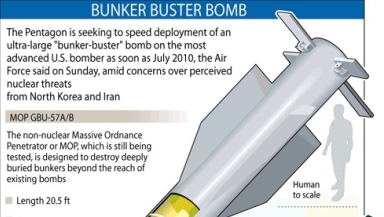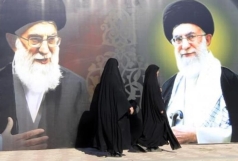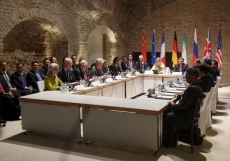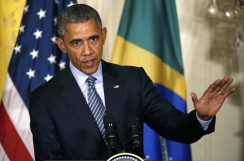
Admitting that a military solution will not fix the problem, the United States pledged not to launch an attack in case negotiations to curb Iran's nuclear program fails.
In a recent interview, US Secretary of State Ashton Carter said a military attack on Iran will only be a temporary solution but will not completely address the nuclear problem in the long run.
"A military strike of that kind is a setback, but it doesn't prevent the reconstitution over time," Carter told reporters in Pentagon.
"That basically has been the case as long as we've had those instruments and those plans, and I don't think there's anything substantially changed since then," he added.
The Pentagon chief made these statements as diplomats are trying to beat their self-imposed Tuesday deadline to reach a nuclear deal with Iran.
Last month, US President Barack Obama also said he does not intend to order an attack on Iran in case the talks collapse, since it will only spark a destabilising new war in the Middle East.
Obama said a military offensive on Iran will "temporarily slow down an Iranian nuclear program, but it will not eliminate it."
Despite these pronouncements, Carter admitted that bunker-buster bombs, the most destructive weapons being stockpiled by the US, are on standby in case they will be needed.
"We have the capability to shut down, set back and destroy the Iranian nuclear program and I believe the Iranians know that and understand that," the Pentagon chief said.
Gen. Martin Dempsey, chairman of the Joint Chiefs of Staff, meanwhile said airstrikes are possible if Iran attempts to build a new nuclear bomb.
"We will always have military options, and a massive ordnance penetrator is one of them," Dempsey said during the Pentagon briefing.
Earlier this year, bunker-buster bombs were successfully tested at the White Sands Missile Range in Mexico.

















